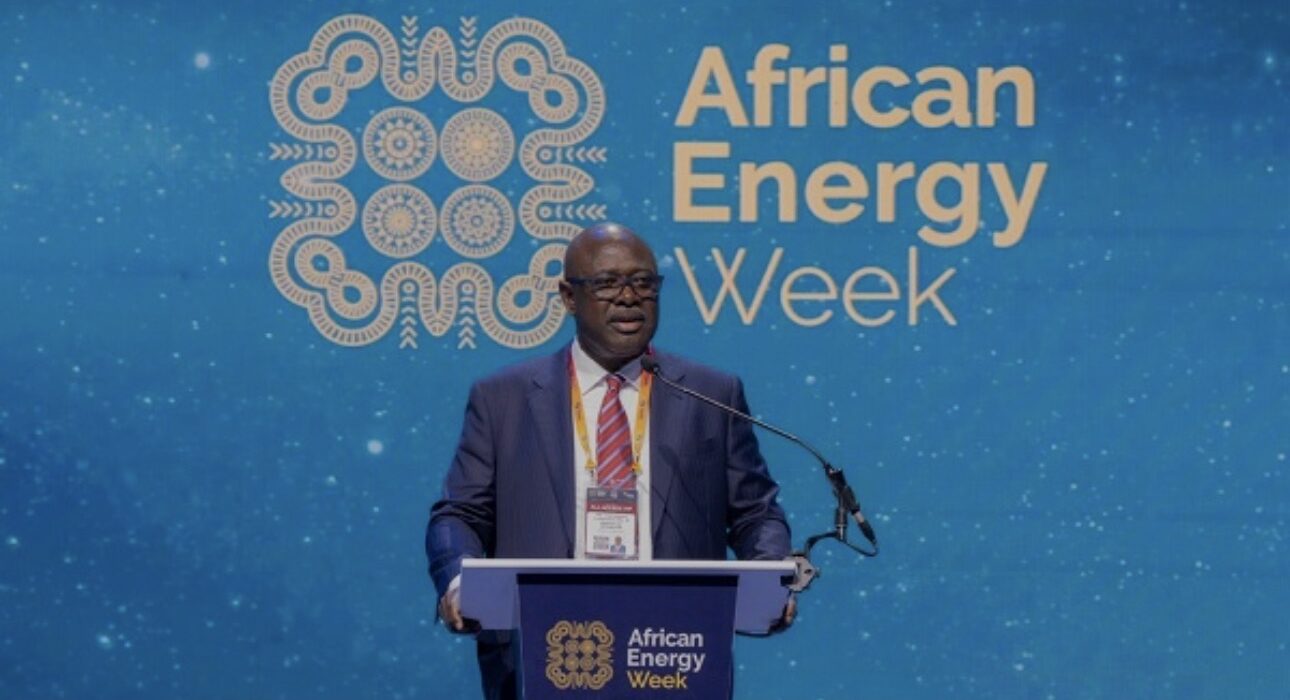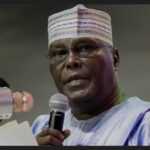Nigeria Reaffirms Commitment to Investor-Friendly Reforms at Africa Energy Week

Nigeria has reassured international investors of its determination to sustain ongoing reforms aimed at making its oil and gas sector more attractive, transparent, and competitive.
The pledge was delivered during the Africa Energy Week (AEW) 2025 in Cape Town, South Africa, where top government officials showcased recent progress and outlined new initiatives to boost energy investment.
Representing President Bola Tinubu, the Minister of State for Petroleum Resources (Oil), Senator Heineken Lokpobiri, told delegates that Nigeria is “open for business” and is determined to create a stable environment for investors across the energy value chain.
Central to this drive is the implementation of the Petroleum Industry Act (PIA), which provides clearer regulatory and fiscal frameworks for oil and gas operations.
The government also highlighted the success of its “Project One Million Barrels” initiative, launched in 2024, which has raised crude oil output to between 1.7 and 1.83 million barrels per day, with an additional 300,000 barrels per day recorded in July 2025.
Other reforms include an executive order designed to ease regulatory bottlenecks, cut costs, and offer incentives for upstream operators. Nigeria has also recorded fresh Final Investment Decisions (FIDs) worth more than $5.5 billion, following International Oil Companies’ divestment of certain assets, adding about 200,000 barrels per day in new capacity.
Lokpobiri noted that drilling activity has surged, with active rigs rising from 31 in January to about 50 by mid-2025.
“These results demonstrate that our policies are working. We are determined to ensure investors find Nigeria a reliable and profitable destination,” he said.
Beyond oil, Nigeria is placing renewed emphasis on gas development, refining, and local content participation. Officials at the forum stressed that gas monetisation projects and downstream investments will remain central to creating jobs, boosting industrial growth, and reducing dependence on imports.
Industry experts see these reforms as vital to restoring investor confidence after years of regulatory uncertainty, insecurity, and infrastructure gaps.
However, challenges remain, including oil theft, pipeline vandalism, and balancing local content policies with cost efficiency.
Despite these hurdles, Nigeria presented itself at AEW as a leader in Africa’s energy future, pledging to balance fossil fuel development with clean energy adoption to meet both domestic needs and global climate expectations.









